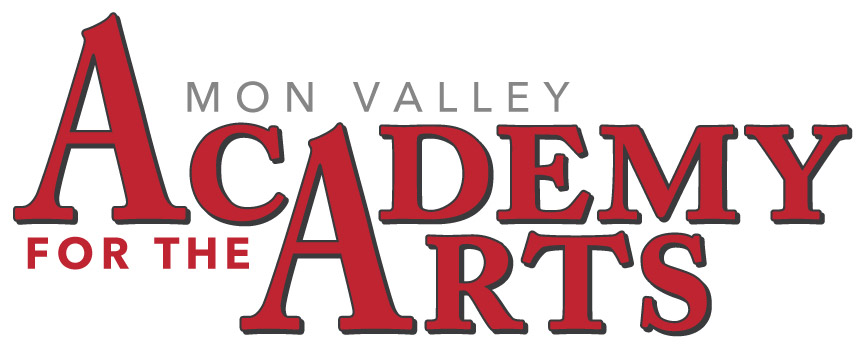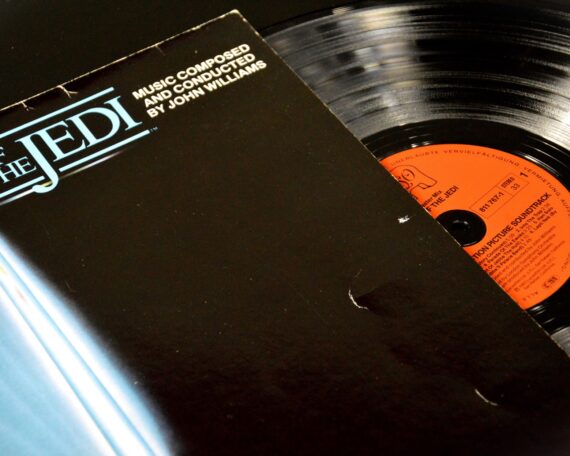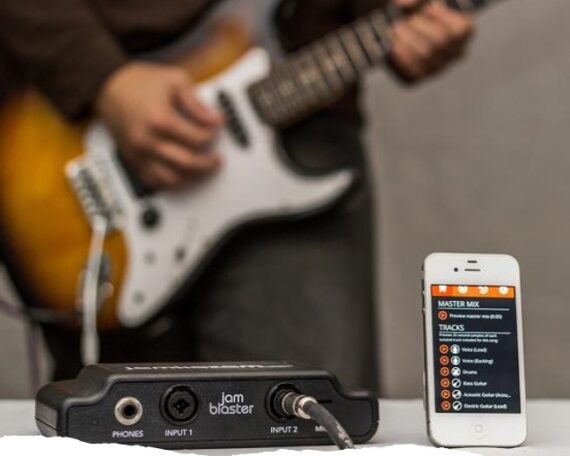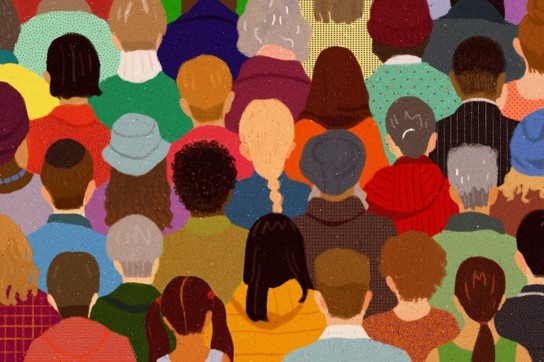WCCF Annual Day of Giving: September 19, 2024
Throughout the year, Mon Valley Academy for the Arts (MVAA) brings affordable, high-quality instruction on most musical instruments to people of all ages, fostering a vibrant musical community. Our work is made possible by donors who believe in our mission and find value in our programs. One of our most important fundraising activities each year









